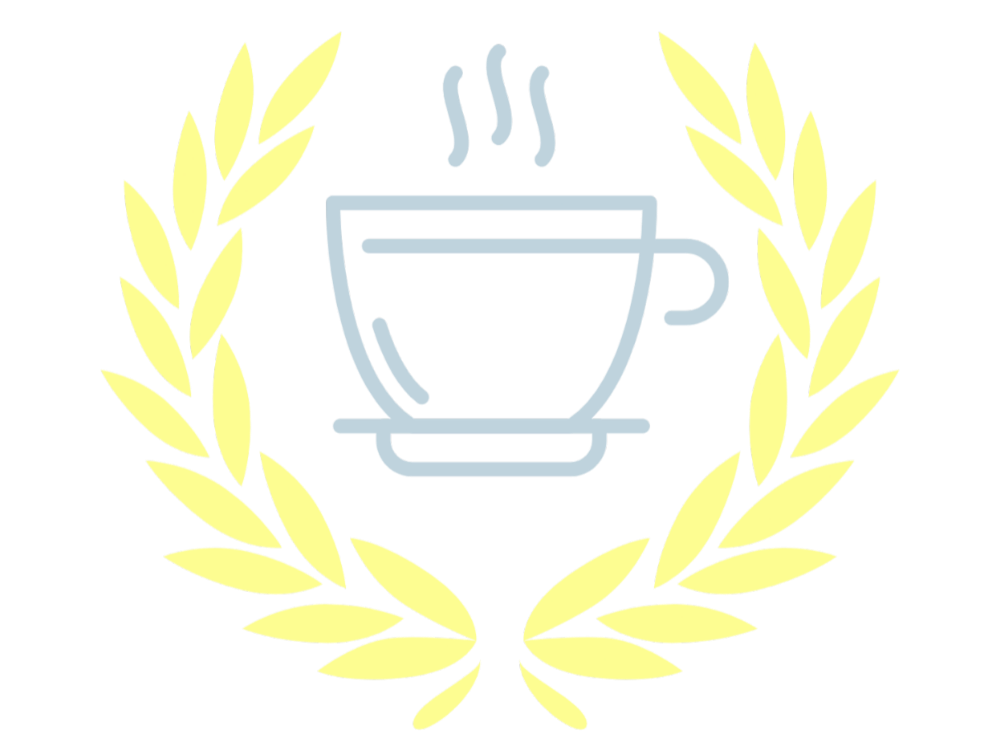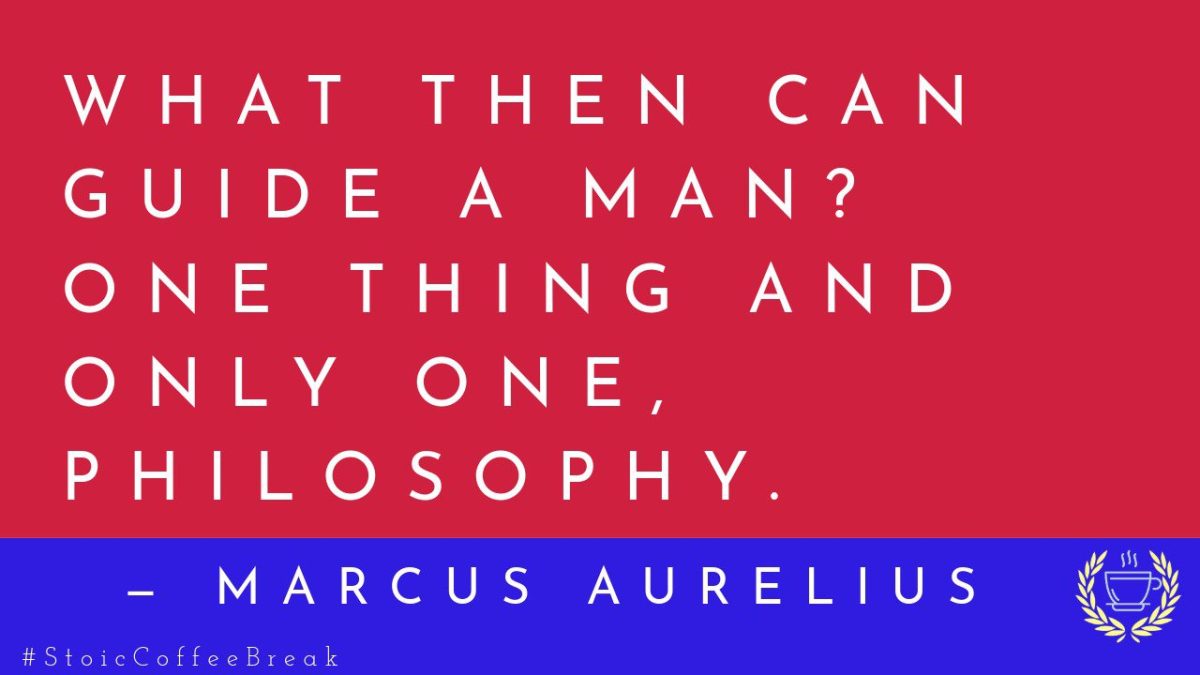
Do you struggle because you can’t handle when things don’t go according to plan? Today I want to talk about how having a plan is important, but having an inner compass to guide you can help you be more adaptable, make decisions under uncertainty, and forge a path when things don’t work out as planned.
“What then can guide a man? One thing and only one, philosophy. But this consists in keeping the soul within a man free from violence and unharmed, superior to pains and pleasures, doing nothing without a purpose, nor yet falsely and with hypocrisy.”
—Marcus Aurelius
A while back, I was reading Mark Tuitert’s book The Stoic Mindset and getting ready to interview him for my podcast. There is a line in the book that I really liked: "A map is good. A compass is better.” It was one of those lines that jumped out and made me stop and think for a minute. The more I thought I about it, the more it made realize that this is why Stoicism is so powerful. It’s not just a set of steps that you follow to happiness, but a set of principles and tools that help us deal with challenges in all situations in life.
Now don’t get me wrong. There’s nothing wrong with creating a plan or a map to help us accomplish what we want. We need to know where we going or what we’re trying to accomplish, and not thinking through the best way to get there is well, foolish. But a map can only get us so far.
The Inner Compass
Stoicism teaches the importance of focusing on what is within our control. As Epictetus stated, "Some things are in our control and others not." This fundamental distinction underpins why we should prefer a compass over a map. Maps detail external environments and plans, and are only as useful as the accuracy and permanence of their content, which are outside our control and prone to change. In contrast, when we are guided by our inner compass of virtues such as wisdom, justice, courage, and moderation, we remain steadfast regardless of external conditions.
Marcus Aurelius, a Stoic emperor, relied heavily on this internal compass. His writings in Meditations serve not as a map of his empire, but as reflections on how to maintain his composure, virtue, and rational judgment amidst the chaos of life and governing. For instance, he advises, "Waste no more time arguing about what a good man should be. Be one."
Practicality and Adaptability
The Stoics valued adaptability, a trait inherent in the use of a compass. As Seneca wrote, "Fate leads the willing and drags along the reluctant," teaching us that those guided by their internal virtues can navigate life's unpredictability with greater ease and grace. When maps fail—when plans go awry due to unexpected events—it is the compass that provides the means to recalibrate and forge a new path.
This adaptability is particularly relevant today, where our careers and personal lives are often subject to rapid and unpredictable changes. The Stoic practice of premeditatio malorum, which involves visualizing potential adversities, prepares us to use our inner compass in any situation, helping us to be resilient and giving us the ability to thrive under changing and difficult circumstances. By focusing on the things you can control, you reduce the impact that external circumstances and events have on you.
In my own life, I’ve come to realize that the plan that I was taught as a child of what it meant to have a good life was like many others. Graduate from high school, get a college degree, find a job, get married, buy a house, have a few kids, and work towards retirement. If I measured my success in life by this map, then I have failed pretty dramatically. The plan that I had for my life has turned out far different than what I expected, and has been far harder and more rewarding than what I could have imagined.
Even in the last few months in upending my life and moving to Amsterdam and changing careers, nothing has gone exactly to plan. I was hoping to find a place to settle in after a few months, but even now I’m dealing with the challenges with grace, having lived in 4 different places in 4 months. There are times when I feel anxious about my career change into leadership coaching and wonder how I’m going to be as successful as I want. But through it all, I’ve leaned heavily into my Stoic principles to help me navigate through the setbacks by recognizing that all of these challenges are opportunities to grow. I’m learning to be patient and pushing forward each time something doesn’t come through. I’ve been reaching out to others for help and guidance and I’m finding other opportunities that I couldn’t have even dreamed of.
Developing Your Inner Compass
So how does developing virtues like wisdom, courage, justice, and discipline help you navigate when your map fails? Think of a map as the outline of what you’re trying to do. Maybe this is a personal goal, such as getting back into shape or starting your own company. Maybe it’s a career goal you’re working on such as completing a project or learning a new skill. Having a roadmap is essential for knowing where you’re going and some idea of how to get there.
But what happens when things don’t go according to plan? Do you give up because your map of how to get there wasn’t exactly right? By applying the virtues of Stoicism as your compass you’re able to calmly evaluate what went wrong, come up with alternatives, and keep going. If you miss some days in your workout due to illness or injury, you take time and recover properly and get back to it as soon as possible. If you miss a deadline or run into a seemingly insurmountable problem at work, you take a step back, evaluate where you are, come up with other solutions to work around the roadblocks in your way.
Let’s take the example of Zeno of Citium, the founder of Stoicism. Zeno was a merchant who lost everything when he survived a shipwreck and ended up in Athens. He wasn’t sure what his next steps were, so he spent time at a local bookshop where he stumbled on the biography of Socrates by Xenophon. He was so taken with the character and description of Socrates that he found a teacher and threw himself into studying philosophy, and later developed Stoicism based on what he learned from his studies. Rather than bemoaning his loss, he adapted and found a new and more fulfilling direction in his life. He later reflected, “I made a prosperous voyage when I was shipwrecked.”
Inner Compass and Decision Making
Another important aspect about developing an inner compass of virtue is that it helps you make decisions about how you do things. Maybe the path your on brings up choices that would have you do things that aren’t ethical or legal in order to reach your goals. If you have developed a strong moral compass, you face up to and take responsibility for your behavior and actions. You don’t have to debate whether or not you should take questionable actions. You do the right thing even at the cost of your career because you’d rather maintain the integrity of your character than compromise your principles. As Marcus Aurelius wrote, “It can only harm you if it harms your character.”
Benefit to Society
For Stoics, the moral compass does not merely direct personal choices; it also aligns with universal ethical principles. Standing up for your principles is not always an easy thing to do, but doing so not only benefits you, it can benefit society as a whole. Nelson Mandela spent 27 years in captivity, only to forgive his captors and work for peace upon his release. When he finished his time as president, he left office and ensured a peaceful transfer of power rather than trying to stay in office. He recognized that his example of how government should operate was far more important than his own enrichment or glory.
Conclusion
Through the Stoic lens, an inner compass proves superior to a map. While the map—our plans and external knowledge—can inform us and offer a possible path, it is the compass—our internal virtues and moral judgment—that truly guides us to live not just successful, but virtuous lives. As we navigate the complex landscapes of modern existence, nurturing our internal compass becomes essential, ensuring that we remain steadfast in our principles and adaptable in our methods. When the maps and plans that we have for our lives fail us, having a strong inner compass gives us the resilience to navigate the detours, and to do so with patience and courage.
Visit the Stoic Coffee Break website for more episodes, transcripts, and merch.
- Find out more about the Leadership Mastermind.
- Find me on linkedIn, instagram, twitter, or threads.
- Thanks again for listening!





